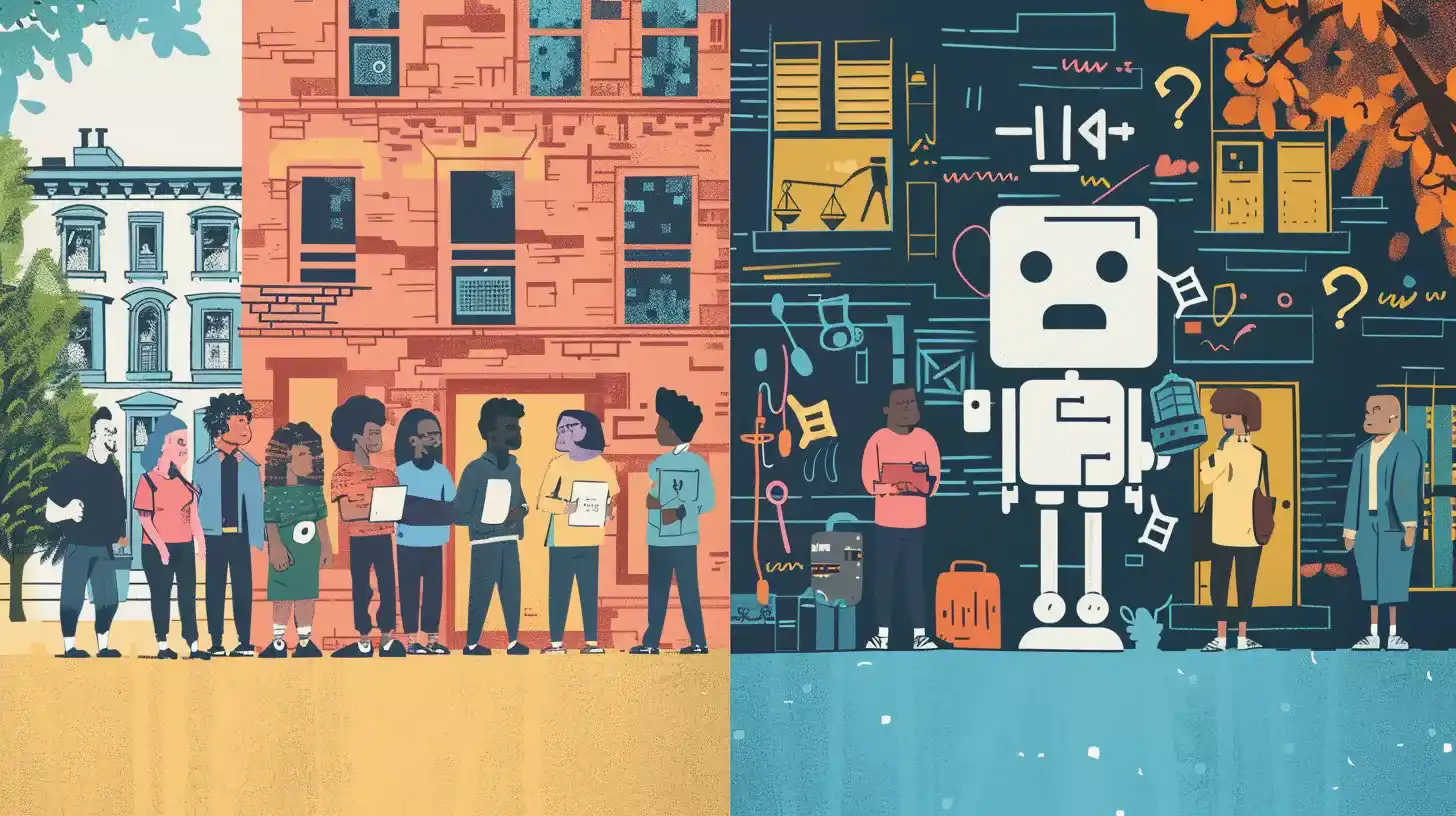Table of Contents
NYC’s AI Chatbot Misinforming Citizens: Issues & Solutions
In a bid to enhance governmental services, New York City introduced an ambitious plan in October, leveraging artificial intelligence (AI). Central to this initiative was an AI-powered chatbot designed to offer guidance to New Yorkers on starting and managing businesses within the city.
However, concerns have arisen regarding the accuracy and reliability of the information provided by the city’s chatbot. Five months post-launch, it’s evident that despite its authoritative appearance, the chatbot often disseminates incomplete or outright incorrect information on critical matters such as housing policy, worker rights, and entrepreneurial regulations.
Challenges with Housing Policy
One glaring issue revolves around housing policy. The chatbot, when queried about landlord obligations, erroneously asserts that landlords are not required to accept tenants with Section 8 vouchers or rental assistance. This misinformation contradicts New York City law, which prohibits discrimination based on a tenant’s income source, except for specific circumstances.
Rosalind Black, Citywide Housing Director at Legal Services NYC’s AI Chatbot, conducted her own testing of the chatbot, revealing further inaccuracies. The bot falsely claimed it was legal to lock out tenants and asserted no restrictions existed on rental amounts, both significant misrepresentations of housing policy.

Shortcomings Extend Beyond Housing
The chatbot’s deficiencies extend beyond housing matters, encompassing consumer and worker protections. It fails to acknowledge key legislation, such as the 2020 law mandating businesses to accept cash payments, essential for accommodating unbanked customers. Additionally, it provides misleading information on tipping practices and fails to address regulations concerning worker scheduling changes.
Even in specialized industries like funeral services, the bot’s advice is flawed, suggesting practices prohibited by federal regulations. Moreover, language barriers do not exempt users from misinformation, as similar errors persist across different language queries.
Real-world Implications
The ramifications of the chatbot’s inaccuracies are tangible. Andrew Rigie, Executive Director of the NYC Hospitality Alliance, recounted instances where business owners acted upon misinformation provided by the bot, underscoring the urgency for rectification.
While Leslie Brown from NYC’s AI Chatbot Office of Technology and Innovation asserts ongoing efforts to enhance the chatbot, stakeholders emphasize the imperative of immediate correction to prevent further dissemination of incorrect information.
Origin and Oversight
Powered by Microsoft’s Azure AI services, the chatbot draws from over 2,000 NYC’s AI Chatbot Business web pages, ostensibly providing authoritative information. However, the lack of transparency regarding the bot’s development and Microsoft’s role raises concerns.
Despite disclaimers highlighting the potential for erroneous or biased content, users may lack the means to discern accurate information. The absence of accountability mechanisms further compounds these issues.
Broader Context
New York City’s experience reflects broader challenges with NYC’s AI Chatbot across various sectors. Instances of misuse, such as the unlawful denial of leases and erroneous sales facilitated by chatbots, underscore the imperative for robust oversight and accountability measures.
Microsoft’s own encounters with AI mishaps emphasize the necessity for thorough testing and refinement. Public experimentation remains pivotal in identifying and rectifying the shortcomings inherent in AI technologies.

Looking Ahead
As AI technologies continue to permeate various aspects of governance and daily life, ensuring their responsible and ethical deployment becomes paramount. New York City’s experience with NYC’s AI Chatbot serves as a poignant reminder of the challenges inherent in harnessing AI for public services.
By addressing the underlying issues of accuracy, transparency, and accountability, stakeholders can unlock the transformative potential of AI while safeguarding against unintended consequences. The journey toward realizing this vision necessitates ongoing collaboration, innovation, and a steadfast commitment to serving the public interest.
In the realm of AI governance, the path forward is characterized by continuous learning, adaptation, and a shared commitment to building technology that empowers and uplifts communities. As New York City endeavors to refine NYC’s AI Chatbot and rectify its shortcomings, it sets a precedent for responsible AI deployment that resonates far beyond its borders.
Conclusion
While NYC’s AI chatbots hold promise in streamlining services and enhancing accessibility, their efficacy hinges on accuracy and reliability. New York City’s endeavor to leverage AI underscores the complexities of integrating such technologies into governance. Addressing the chatbot’s deficiencies requires collaborative efforts between technology providers, governmental entities, and advocacy groups to ensure the provision of accurate and actionable information to citizens.